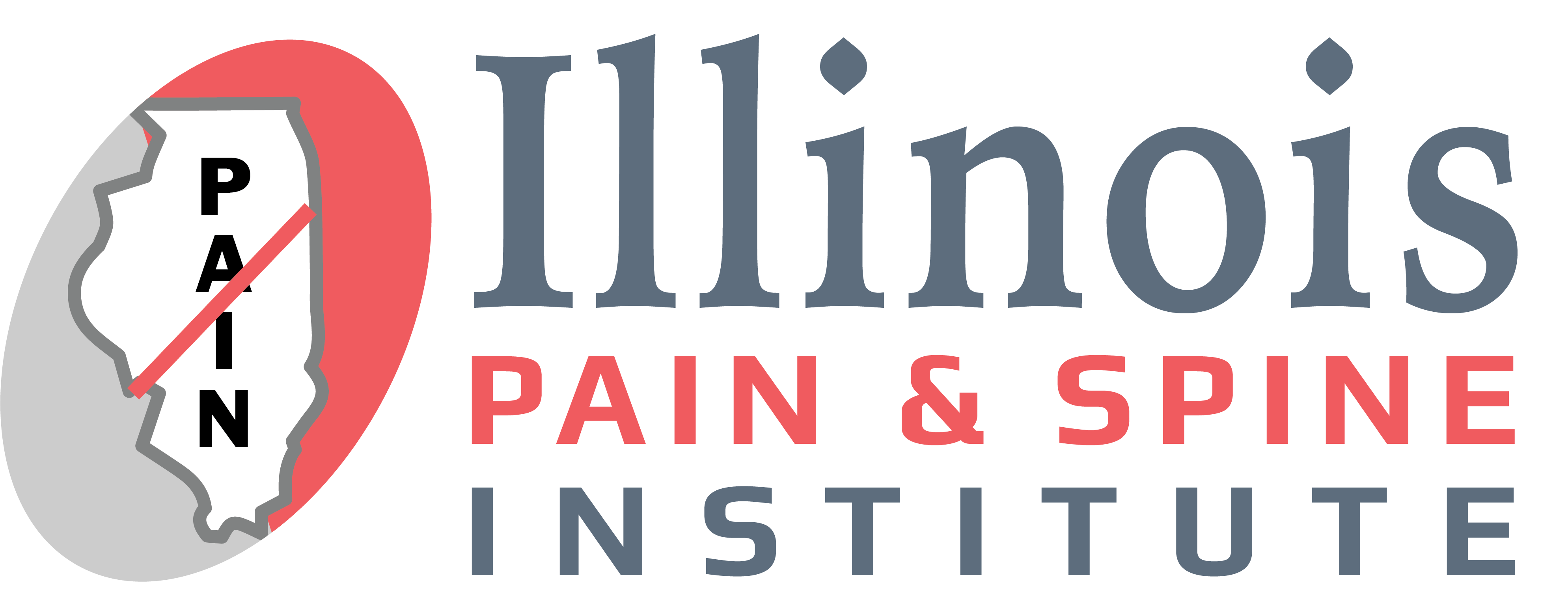Living with Ankylosing Spondylitis can be challenging, often impacting your ability to move comfortably and engage in daily activities. With our expert care available in Barrington, IL, managing this condition can become a reality. Understanding Ankylosing Spondylitis and accessing appropriate treatments is the first step toward taking control of your health and well-being.
Understanding Ankylosing Spondylitis: An Inflammatory Arthritis
Ankylosing Spondylitis (AS) is a chronic inflammatory condition that primarily affects the spine and sacroiliac joints but can also involve other areas of the body. This disorder can lead to pain, stiffness, and, in some cases, fusion of spinal bones, severely limiting flexibility. While AS is more common in young adults, it can affect individuals of all ages and progress over time without proper management.
Doctors diagnose AS through a combination of physical examination, imaging, and lab tests. During the physical examination, they assess the patient’s hip mobility and pain to help confirm the diagnosis.
Diagnosing Ankylosing Spondylitis
Accurately diagnosing Ankylosing Spondylitis (AS) is crucial for effective treatment and management. Given that the symptoms of AS can closely resemble those of other inflammatory arthritis conditions, such as rheumatoid arthritis, a thorough and precise diagnostic process is essential.
Common Causes of Ankylosing Spondylitis
The exact cause of Ankylosing Spondylitis is unknown, but genetics play a significant role. Individuals carrying the HLA-B27 gene are at a higher risk of developing AS. Key contributing factors include:
- Genetics – A family history of AS significantly increases one’s likelihood of being affected.
- Immune System Response – Misfiring of the immune system can lead to inflammation in the spine and joints.
- Age and Gender – AS typically begins in early adulthood and is more prevalent in men than women.
If you’re noticing consistent back pain and stiffness in Barrington, IL, that worsens with rest and improves with activity, it’s critical to seek professional evaluation.
Treatment Options
While there is no cure for AS, treatments are designed to alleviate pain, improve mobility, and slow disease progression. Common treatment methods include the following:
Medications
- Nonsteroidal Anti-inflammatory Drugs (NSAIDs): Medications like ibuprofen and naproxen help reduce inflammation and relieve pain.
- Corticosteroids: Short courses of corticosteroids can be prescribed to manage severe inflammation and pain.
- Analgesics: Pain relievers can be used to reduce discomfort.
- Anti-rheumatic Drugs: These are advanced medications that regulate the immune system to prevent the worsening of the disease.
Physical Therapy
Physical therapy plays a crucial role in managing AS. A licensed therapist can guide you through:
- Stretching exercises to maintain flexibility.
- Aerobic activities to promote overall health.
- Education on proper posture and sleep positioning.
- The use of adaptive equipment as needed.
Site-Specific Steroid Injections
For localized inflammation, targeted steroid injections deliver anti-inflammatory medication directly to the affected joints, offering significant relief.
Preventive Measures
While Ankylosing Spondylitis cannot be cured, certain steps can help you manage symptoms and reduce flare-ups. These include:
- Staying Active – Regular low-impact exercises like swimming or yoga can keep your spine flexible and reduce stiffness.
- Practicing Good Posture – Paying attention to posture during daily routines can prevent the worsening of spinal curvature.
- Avoiding Smoking – Smoking can exacerbate lung-related complications that may arise with AS.
- Following Treatment Plans – Sticking to your doctor’s recommendations can help maintain progress and reduce symptoms over time.
Seeking Professional Help
Managing ankylosing spondylitis requires a personalized approach, and our expert team in Barrington, IL, is dedicated to helping you improve your quality of life. Alongside ankylosing spondylitis treatment, Illinois Pain & Spine Institute offers specialized care for a variety of conditions, such as herniated disc pain, cancer pain management, and intrathecal pump therapy. If you’re dealing with other concerns like intercostal nerve blocks or hip pain, we are here to guide you toward effective solutions.
Don’t allow Ankylosing Spondylitis to limit your mobility or enjoyment of daily activities. Contact Illinois Pain & Spine Institute today to schedule your consultation and take the first step toward managing Ankylosing Spondylitis and regaining control of your health.

